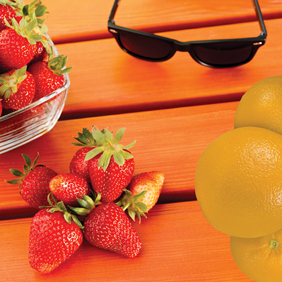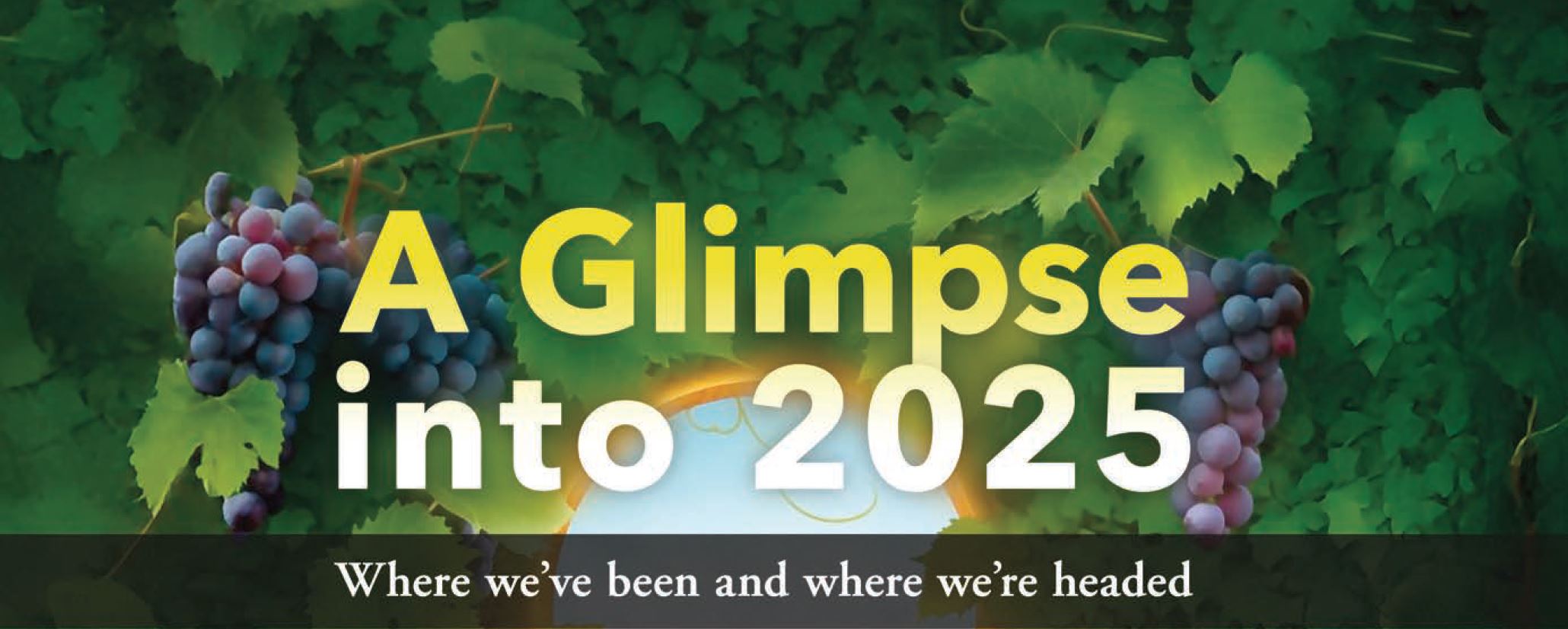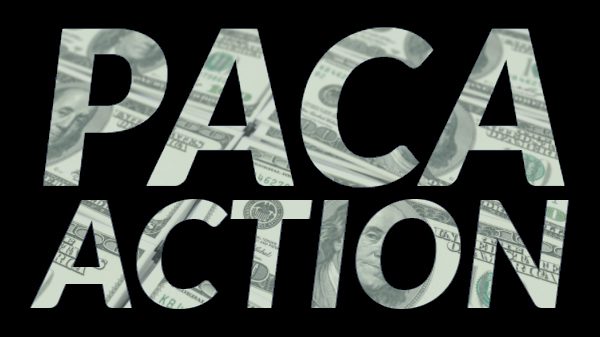Welcome to Blue Book!
Are you ready to join the thousands of companies who rely on Blue Book to drive smarter decisions? View our plans and get started today!
Still have questions? We’d love to show you what Blue Book can do for you. Drop us a line– we’ve been waiting for you.

Thanks to its plentiful sunshine, abundant rainfall, and subtropical climate, Florida lays claim to a dynamic produce industry.
The Sunshine State, home to more than 47,000 commercial farms encompassing a total of 9.5 million acres, ranked first, according to the most recent figures, in production for snap beans, oranges, tomatoes, watermelon, grapefruit, cucumbers, and squash nationwide.
At the center of the Sunshine State’s produce industry is a thriving network of grower-shippers, receivers, wholesalers, and retailers who sell this bounty of fresh fruit and vegetables to consumers across the globe.
Super State Markets
The Florida Department of Agriculture and Consumer Services operates a system of 12 official State Farmers Markets, most of which are open 24 hours a day on a seasonal basis. Each year, more than 25 million units of fresh fruits and vegetables valued in excess of $225 million are sold through these markets. Since the first Florida State Farmers Market opened its doors in Jacksonville 80 years ago, the Sunshine State’s markets have sold nearly a billion units of fresh produce valued at more than $5.5 billion.
In addition to these state-sanctioned markets, Florida is home to an array of independent, seasonal community farmers’ markets that sell directly to the public. “The seasonal farmers’ markets are another way consumers can buy fresh produce,” explains Jay Johnson, in sales for JGL Produce Company, Inc. Actually meeting growers or their personnel is a big draw for many shoppers. “The consumer feels a more personal connection when buying directly from a small growers’ fruit stand, u-pick, or retail store,” Johnson confirms.
Surprisingly, Johnson says he’s even seen some larger commercial growers in Florida operate u-picks, fruit stands, and even small retail formats. There’s no denying the benefits to suppliers, large and small. “This is a great way to promote their farm’s story and history, and connect to local consumers.”
He should know; JGL Produce is located at the Immokalee State Farmers Market near the western coast of the state, while Johnson Produce Company, Inc. is part of the Pompano State Farmers Market, north of Ft. Lauderdale. Both are family owned and operated, and there’s another Johnson enterprise located in Waynesville, NC as well.
And speaking of the Pompano market, it underwent a name change this year after the Florida Senate and House passed a proclamation to honor Edward L. Myrick, a U.S. army veteran the state has declared a “pillar of the community.”
Myrick began working at the Pompano market back in 1964 and went on to form his own company, Edward L. Myrick Produce, becoming a tenant of the Pompano market in 1976. This past May, the Pompano market was rechristened the Edward L. Myrick State Farmers Market, with family members traveling to Tallahassee for the ceremony.




